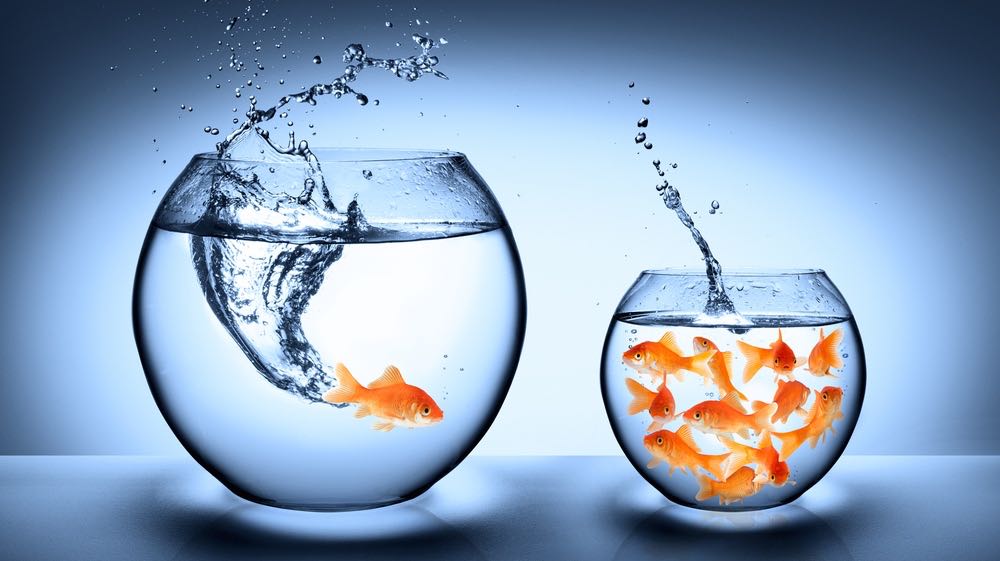Self-Improvement is Something to Be Enjoyed

Harvard Business Review‘s Herminia Ibarra makes an interesting observation at the outset of a recent post. Personal and professional development has become a hot commodity on the internet, what with the utter quantity of various top 10 lists and informative self-betterment how-to’s. It’s like thousands of …for Dummies books reared up and vomited their contents upon the annals of the web. You could even make the case that Big Think exists as some sort of iteration of this phenomenon, though I like to believe we’re a step above informative vomitus.
But Ibarra’s main point is that no one has ever stumbled over themselves in anticipation of reading a …for Dummies book. Self-improvement is almost universally seen as a chore. “Oh bother, I’m absolute rubbish at delegating work to my teammates. About time I attended a seminar. Rats.” There’s no way to make the word “seminar” sound appealing and, likewise, there are very few avenues for enjoyment innately available when we talk about the pursuit of professional development.
That said, Ibarra offers several suggestions for improving our ability to self-improve, the most notable being an engineered context change. Instead of seeing personal growth as a chore, she says, try instead to make it play:
“Much research shows how play fosters creativity and innovation. I’ve found that the same benefits apply when you are playful with your self-concept. Playing with your own notion of yourself is akin to flirting with future possibilities. Like in all forms of play, the journey becomes more important than a pre-set destination.”
Not only does play appear to lead to more fruitful results, but also the fun factor involved allows you to enjoy yourself. Why processes of introspection and personal growth are seen as work is beyond me. Anyone with a shred of moral ambition should be able to derive joy from the pursuit of self-improvement. Ibarra’s piece (which I’ve linked again near the bottom of this piece) offers strategies to achieve that very goal — the most interesting of which she describes as “committed flirtation,” an experimental flirtation with oneself.
How do you self-improve? Do you treat it as a chore or is it something from which you’re able to draw power and pleasure? Feel free to share any strategies you’ve developed in the comments below.
In the interview below, Big Think expert Gretchen Rubin discusses a goal everyone could afford to pursue: being happier.
Read more at HBR.
Photo credit: Blinka / Shutterstock



